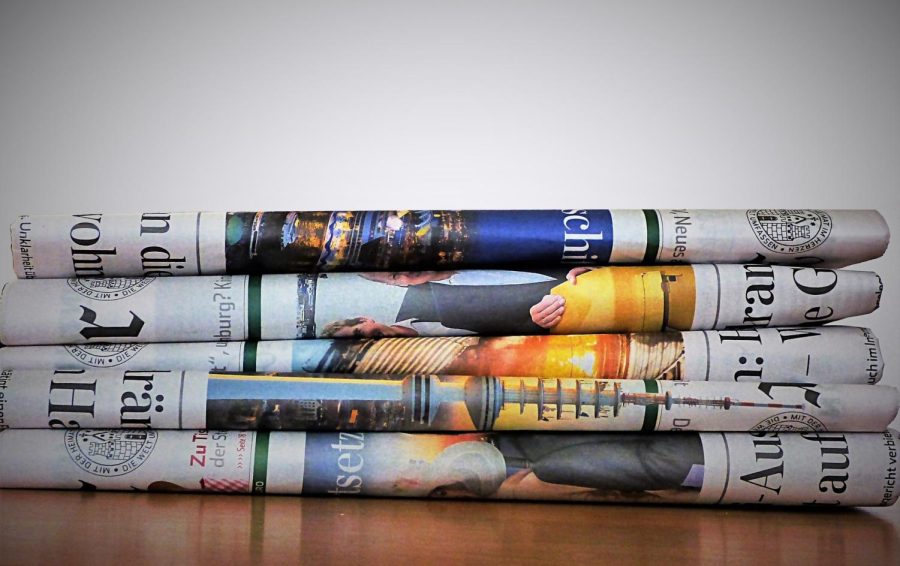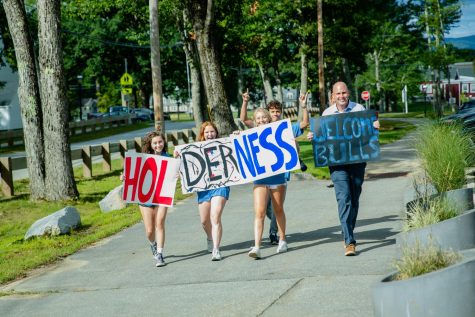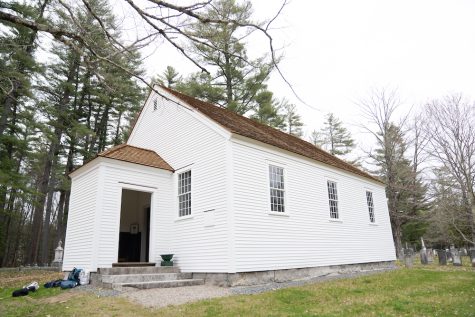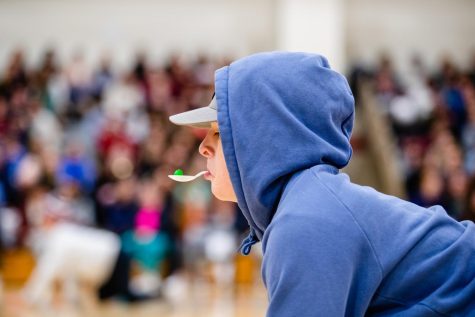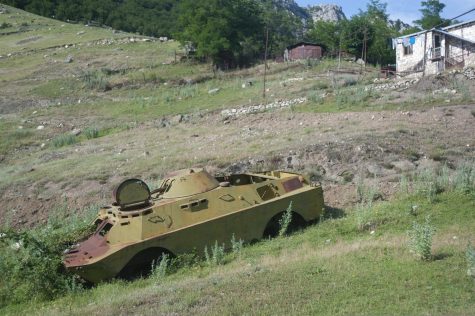What News to Believe or Not Believe
It can be difficult to get reliable information outside of our “Holderness Bubble.” The schedule keeps students busy, and we don’t have time to sit and hear what’s happening worldwide. Teens tend to gravitate toward their phones for social media and world events. At Holderness, day to day, we focus on only school-related news. How does that affect the reliability of the news?
Social media is a main source of content, especially for teens. According to Forbes, more than half, 64% of teens consume news information on social media platforms rather than adults. From sports to politics, the news is spread on apps like Instagram, designed for often-biased, personal social interests. For instance, if someone posts something, it is usually from their perspective and opinion. By reading an unreliable, opinionated source with no background information about the topic. You can create a point of view that contributes to spreading false information. People on social media try to spread false information by posting things that appeal to the reader’s eyes. There are many scenarios where someone will dramatize a story, upload it online, and attract many viewers but stray from the truth.
At school, we have taken time to focus on important topics, like the war in Ukraine, but is it possible to do that with every crisis or breaking story in our world? Chances are slim, but focusing on world events affecting the people around us in the Holderness bubble is important.
Another example could be the recent Supreme Court’s repeal of Roe v. Wade, the landmark decision that guaranteed the right to an abortion. This decision was made during the summer, but if it had been made while we were still in school, I would probably know far less about the decision and its consequences. If at Holderness, we would not have had time to discuss this. But at home, I had the time to listen to the news and speak with my family about this decision.
It is difficult to find time in our busy schedules to have a deep conversation about important events. The news is an important piece of everyday life that everyone should be at least a little concerned about. Separating critical information and social life is a key way of not causing conflicts.

